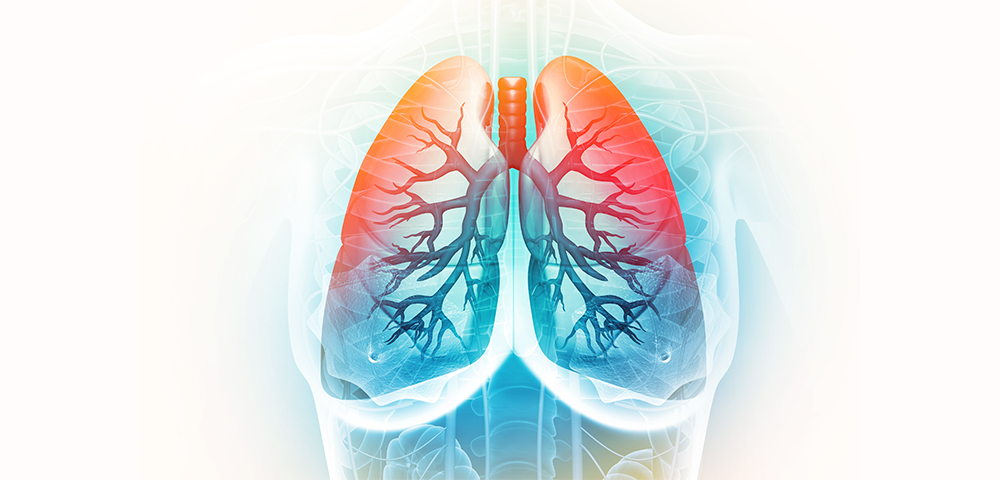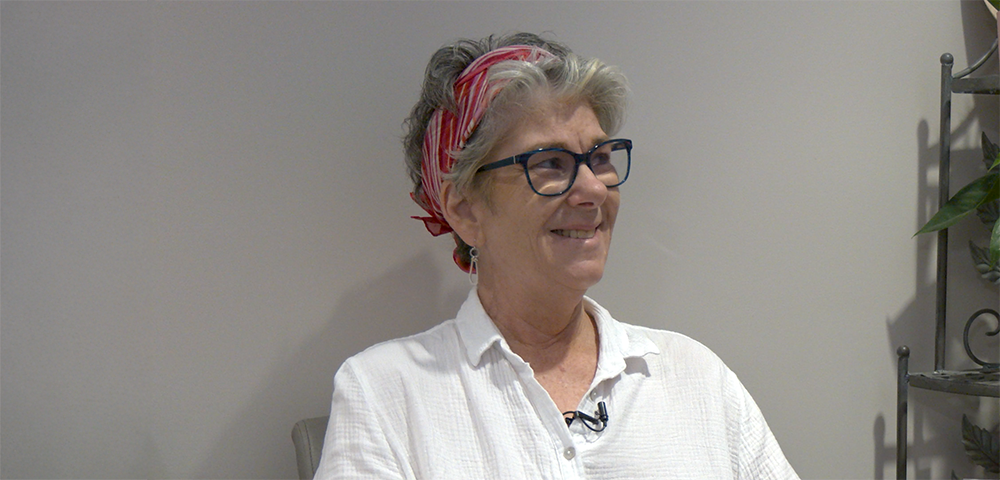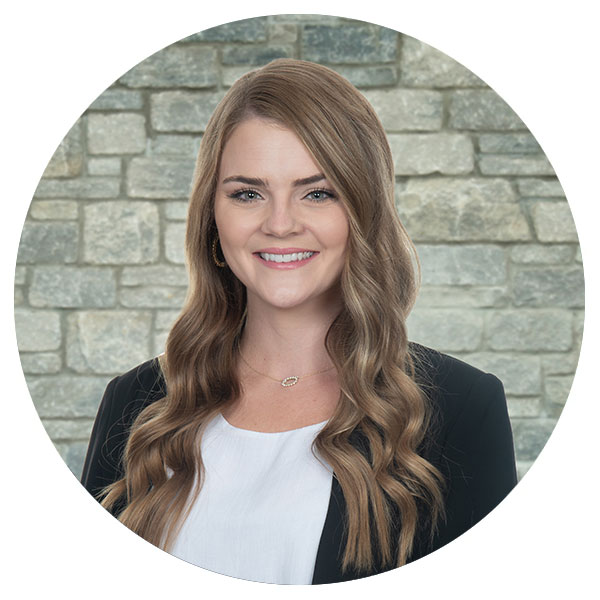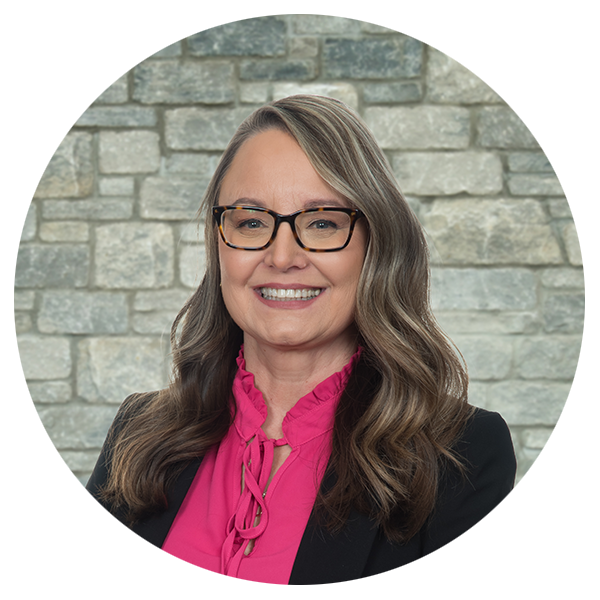Carlos Ramirez-Icaza, MD, Lexington Clinic Pulmonary
Chronic Obstructive Pulmonary Disease, or COPD, restricts your airflow while breathing out and causes breathing problems. COPD can make it hard for you to catch your breath, leaving you feeling tired and winded. Unfortunately, there’s no cure for COPD, but there are behavioral changes and medical treatments available to slow its progression, improve your symptoms and help you breathe better.
COPD is also generally accompanied by chronic bronchitis which results in persistent inflammation of the airways. The inflammation makes your airways narrower, fuller of mucus, thus making it harder to breathe. Chronic bronchitis can cause shortness of breath, chronic cough and at times wheezing (chest whistling during exhalation), symptoms which may last months or years.
Emphysema, the result of longstanding chronic bronchitis, is characterized by damage to the air sacs in your lungs, which are known as alveoli. Emphysema prevents the alveoli from being able to expand and contract as they should. This can eventually lead to permanent shortness of breath, chronic cough, wheezing, and breathlessness.
Both conditions are caused primarily by smoking or exposure to smoke, air pollution, or other environmental factors.
While seeing a doctor should be your first step, there are things you can do to help alleviate your symptoms. These include:
Quit smoking. Smoking is the number one cause of COPD. Smoking is also the leading cause of lung cancer.
Clean the air in your home and work environments. Air pollution is the second-leading cause of COPD. Keep fumes, chemicals that emit strong smells, and smoke out of your home. Close windows and stay indoors on days when the air quality is poor. You can track air quality through weather websites and apps.
Exercise. It may be difficult when it’s hard to breathe, and you shouldn’t do it if you are having a particularly bad day with your breathing. However, strengthening your body can make it easier to move and get around more easily.
Lose weight. It’s more difficult to breathe and move around when you are overweight.
Eat healthy foods. Your body functions better when it has proper nutrition.
Medical treatment of COPD may involve medications to help enlarge the airways, treat infections, or reduce inflammation of the airways and air sacs. Some patients may need supplemental oxygen. Your doctor will help you decide on the best course of treatment to manage your condition.
The earlier you start treatment for COPD, the sooner you can slow degradation of your breathing. Lexington Clinic’s board-certified pulmonologists are experts in treating COPD and other lung conditions. Click here or call (859) 258-4568 to make an appointment so you can breathe better, sooner.
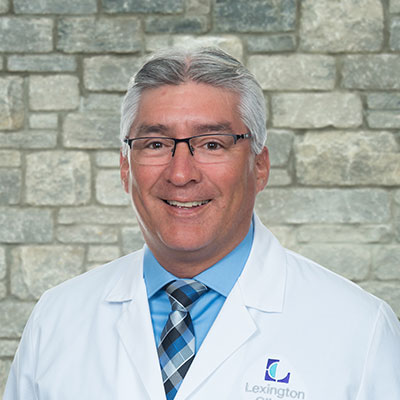
Dr. Carlos Ramirez- Icaza is board-certified in Sleep Medicine, Critical Care Medicine, Pulmonary Medicine, and Internal Medicine. He received his medical degree from Indiana University School of Medicine and has practiced medicine for more than 25 years. He performs bronchoscopy, thoracentesis and indwelling pleural catheter placements in addition to providing services in complete pulmonary function evaluation, including spirometry, lung volumes, diffusing capacity, arterial blood gasses and pulse oximetry. His professional interests include COPD, asthma, and intestinal lung disease. Dr. Ramirez-Icaza is fluent in English and Spanish.



